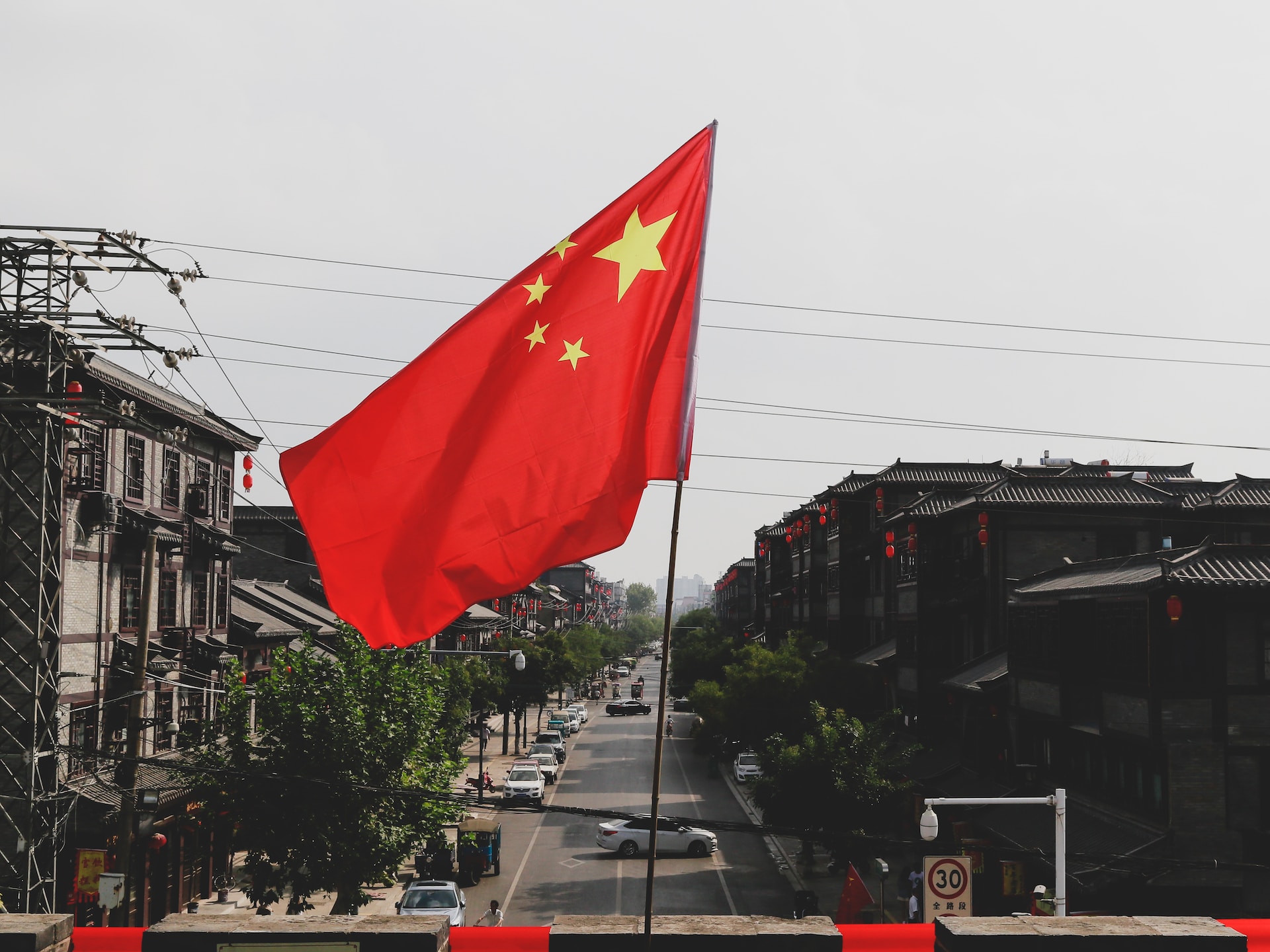Are economists underestimating China? Economist Report

China's statistics may underestimate both household income and consumption. Here because. The Economist's in-depth analysis
“Consumption is the sole end and purpose of all production,” Adam Smith emphasized. But this “perfectly obvious” maxim has never carried much weight in China. Earlier this year, the country's statisticians revealed that household consumption accounted for just 37% of China's GDP in 2022, the lowest level since 2014.
While the lifting of strict Covid-19 controls should have helped raise this percentage a bit, improvements in Chinese data analysis could raise it even higher. China's headline statistics may underestimate both household income and consumption. Looking closer, both appear taller than often reported and both have grown more rapidly.
CHINA'S MOVES TO REBALANCE THE ECONOMY
For nearly two decades, Chinese policymakers have sought to “rebalance” the economy away from exports and investment toward spending for more immediate gratifications. “We will work to restore and expand consumption… and increase personal income through multiple channels,” the Finance Ministry said in this year's budget, for example. But progress has been slow. In recent years, the IMF has assessed China's efforts with a color-coded “rebalancing scorecard.” The last card, published in February, was mostly red – writes The Economist .
Supporters of rebalancing generally identify two problems. First, Chinese families save much of their income; secondly, their income represents too small a slice of the national pie. The second problem features prominently in the arguments of Michael Pettis, an influential professor at Peking University. In the West, he noted, household income typically represents 70-80% of GDP. In China, however, it is only 55%. Rebalancing, he argued, will necessarily involve shifting wealth and therefore power to ordinary people.
WHAT IS IT AIMING FOR XI
Indeed, some analysts wonder whether Xi Jinping, the Chinese leader, has become completely disaffected with the goal. For Xi Jinping, the end and purpose of Chinese production is not limited to consumption, but also includes goals such as making China a resilient power, less dependent on Western-dominated “throttle” technologies. As a young man, according to the leaked account of a professor who knew him in the 1970s and 1980s, he was “disgusted by the all-encompassing commercialization of Chinese society.”
But while Xi is not a fervent champion of rebalancing, his scorecard may be better than commonly assumed. Economists have long believed that Chinese data understates household earnings and spending. Surveys likely fail to capture the unreported “grey” income of the wealthy. And national accounts probably still underestimate the implicit “rent” that homeowners pay to themselves when living in a property they own.
Less well known are the efforts of Chinese statisticians to account for the goods and services that governments provide to individuals at or near zero cost. These transfers include education and healthcare, such as reimbursements for medicines. They also include cultural services and subsidized food. Zhu Hongshen of the University of Virginia highlighted community canteens, often housed in state-owned buildings but run by private contractors, that provide tasty dishes, such as oyster mushrooms or spicy cucumbers, at deeply discounted prices.
According to international standards, these goodies should appear in official statistics as “social transfers in kind” (sometimes abbreviated to stik). They can then be added to household income and consumption to provide a more complete and “adjusted” picture. “In principle, social transfers should be included in a comprehensive definition of income,” an international group of experts known as the Canberra Group argued in 2001, although they acknowledged that this is not easy to achieve in practice.
DIFFICULTIES
China, in particular, has struggled. In the past, it has not reported them cleanly or separately, dumping them into other parts of the national accounts, including government consumption. If you ignore these transfers, Chinese households' disposable income was only 62% of national income in 2020 (and as high as 56% in 2010). This figure seems surprisingly low, as Pettis argued. But that's partly due to everything that gets left out. If in-kind social transfers are also taken out of other countries' disposable incomes, their numbers look more like China's. The figure for the euro area would be lower than 64% in 2020. By this measure, a dozen European countries would have a lower income share than China.
Fortunately, Chinese statisticians are now able to do better. In recent years, they have started publishing data on in-kind social transfers in their annual statistical yearbooks, Zhu pointed out. In 2020, they amounted to 6.8 trillion yuan (1 trillion dollars, equal to almost 7% of national income), a figure higher, in terms of share of GDP, than the American one. This has allowed China's National Bureau of Statistics to publish an "adjusted" figure for disposable income that makes international comparisons with OECD countries easier.
Adding these in-kind social transfers, China's share of household income rises to 69% of national income, placing it near the bottom of the list, but not at the bottom. Furthermore, because they have grown faster than the economy over the past decade, they make Xi's rebalancing results more promising. Household consumption, including transfers, went from 39% of GDP in 2010 to 45% in 2019, before the pandemic.
These revisions make government spending appear weaker. And China's in-kind social transfers, as a share of national income, are still not high compared to the OECD average. There is therefore room to increase them. If Xi opposes the commercialization of Chinese society or cash handouts that fuel idleness, the state could instead provide more of the things he thinks its citizens should consume. It would be a way for Xi to rebalance himself towards consumption without reconciling himself with consumerism.
(Extract from the eprcommunication press review)
This is a machine translation from Italian language of a post published on Start Magazine at the URL https://www.startmag.it/economia/cina-consumi-economist/ on Sun, 15 Oct 2023 05:51:19 +0000.
